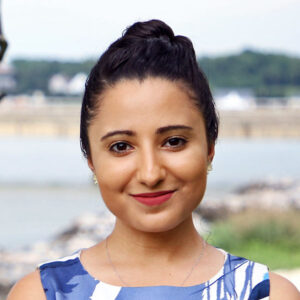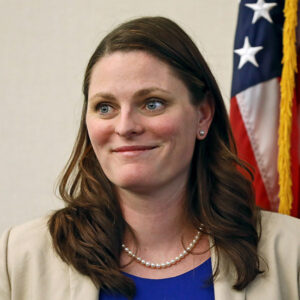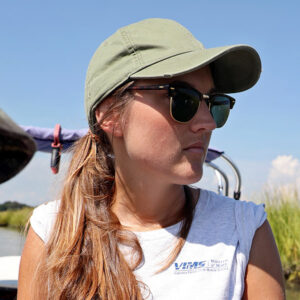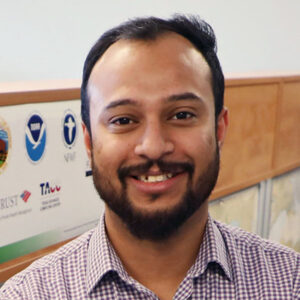“Because my mentor was a grower and a business owner, I even got to drop off the oysters at local restaurants. It was really a complete picture of oyster aquaculture.”
– CLARA R.
Virginia Institute of Marine Science
“Because my mentor was a grower and a business owner, I even got to drop off the oysters at local restaurants. It was really a complete picture of oyster aquaculture.”
– CLARA R.
Virginia Institute of Marine Science
Mentors provide a unique professional development opportunity by advancing a student’s understanding of how their science may make a difference in coastal and marine communities. We encourage the drafting of an individualized professional development plan to promote the systematic consideration and attention to how experiences grow the fellow’s professional competencies. Selected fellows will work with their mentors and VASG’s Professional Development Coordinator to finalize their individualized professional development plan after award of the fellowship.
The form indicates a commitment to mentor the applicant and uphold the highest standards of mentorship. Only a single form should be sent (i.e., mentor teams must complete and submit a single joint form). To maintain confidentiality, recommendations should be requested by the applicant and input independently by the recommender through the Virginia Sea Grant Application Portal. The forms must be submitted before the deadline.
Mentors will be asked to respond to the following:
Please provide a statement of commitment to ethical behavior, respect, honesty, and open communication with the fellow (i.e., abiding by standard code of conduct policies including, but not limited to, any: personnel policy, policy regarding sexual harassment, policy regarding workplace violence and policy regarding ethical behavior).
A mentor can be from the public, private, or non-profit sector. Mentors are encouraged to review the examples of past fellow-mentor partnerships below and review the VASG website to learn about our extension partners. VASG encourages applicants to reach out to potential mentors early in the application process to discuss your mutual goals, develop a rapport, and identify emerging opportunities.

Virginia Institute of Marine Science

Old Dominion University

Virginia Institute of Marine Science

George Mason University
While mentors may be extension agents, educators, or communicators with Sea Grant or the Cooperative Extension program, they do not need to be. Many extension agents and other outreach program staff will have ideas and connections to potential mentors.
ADDITIONAL INFORMATION AND CONTACT
To discuss mentor roles and responsibilities, and for questions regarding the goals of the fellow-mentor relationship, please contact us at: lmeddy@vaseagrant.org
“The Virginia Sea Grant Fellowship has been a great fit for me. My professional mentor was great at connecting me with farmers who would be open to my message. In a closed, tight-knit community, that’s a thing to overcome.”
– VICTORIA L.
University of Virginia
Contingent upon available federal funding, fellowships are available for up to two years, and provide an award of up to $40,000 per year to support the student’s academic expenses. The start date for the fellowship is September 1, 2025. VASG expects to fund up to eight fellowships for the 2025–2027 academic years.
VASG-funded projects require a 50 percent funding match (i.e., budgets must show $1 of match for every $2 of Sea Grant funding requested). Only non-Federal funds may be committed as matching contribution. VASG will make all awards to the applicant’s primary faculty advisor, who must be listed as the principal investigator (PI) on the fellowship application.
Stay up-to-date on fellowship, internship, training, and research funding opportunities offered by Virginia Sea Grant.

Your request has been submitted.